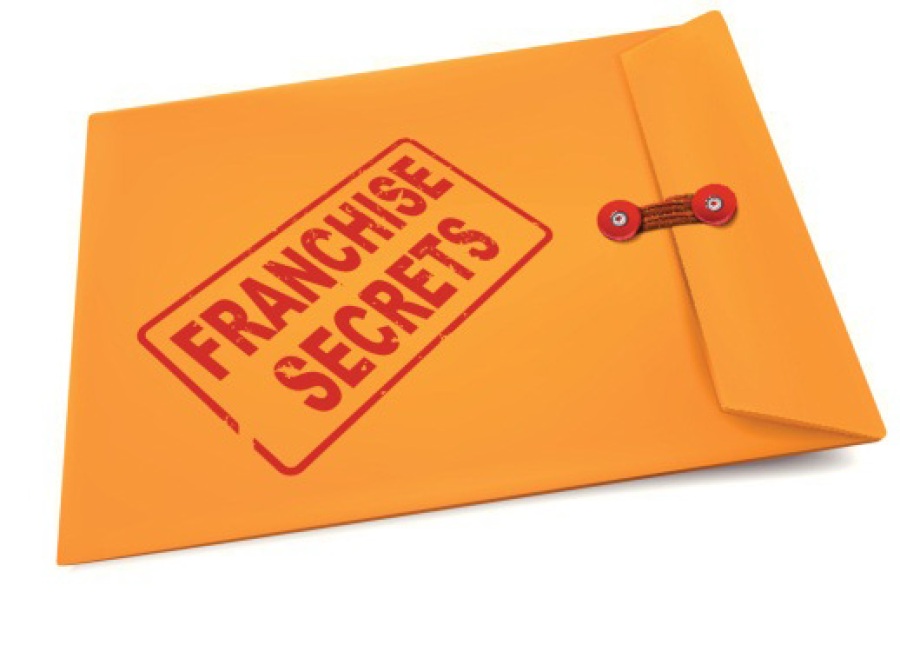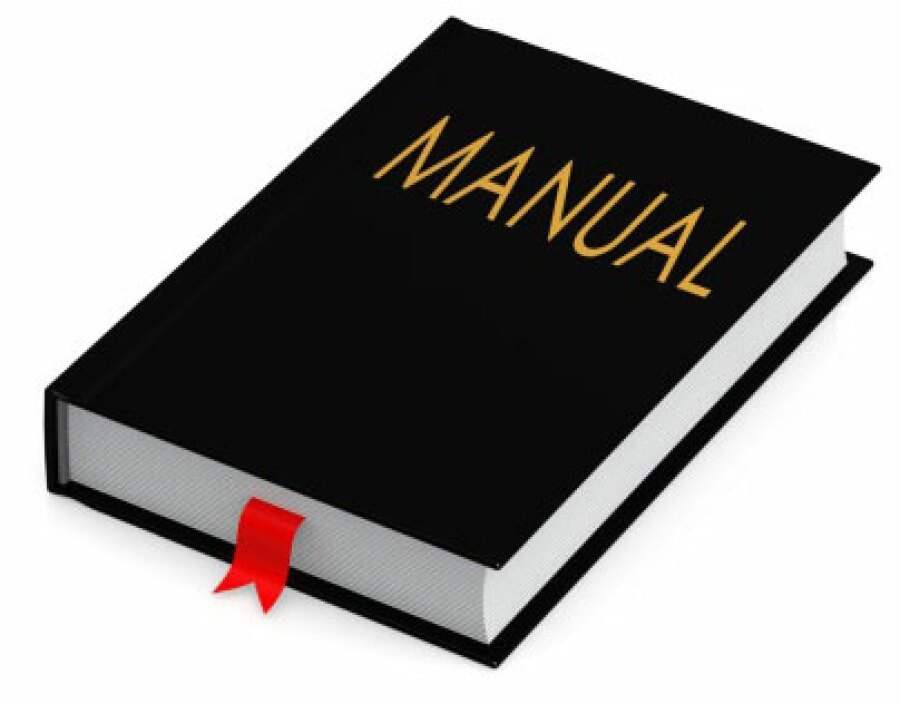We've all had that moment of panic. You're talking to someone of superior, inferior, or equal intelligence and all is going well, when suddenly they use a word that you're not familiar with. Can you grasp its meaning from the context in which it was presented? Can you keep the conversation going without referring to their previous sentence at all? Or do you full out admit that you don't know the word and ask for their help?

In the business world it helps if we appear to know what we're talking about, particularly when being grilled by a potential lender. In this post, we explain clearly nine pieces of franchise terminology that are less well-known but still essential for you to understand if you decide to enter into the franchise line of business.
Advertising Fee
Separate from royalties (see below), this payment is made by all franchisees, usually on a monthly basis. It is often calculated as a certain percentage of the franchisee's total revenue, typically ranging from 0.5% to 5%. The idea is that when the small contributions are pooled, there will be more money available to spend on expensive types of advertising such as TV and radio, something all franchisees will benefit from.
Earnings Claims
These are the forecasted sales/profits that a franchisor states a franchisee can expect to make. It is important for a potential franchisee to request these figures in writing, although they will often feature anyway in the franchise disclosure document (see below). One way to find out how credible the earnings claims are is to ask current or past franchisees of the network about their experiences.
Franchise Agreement
A legal document outlining all the terms of the franchisor/franchisee relationship. It is usually the last document to be provided and scrutinized before a contract is signed. Details specified include each party's rights and responsibilities, the initial fees and ongoing payments that will have to be paid, the territory that the franchise branch will cover, and how long the agreement will last.
This is a document provided by a franchisor when they are approached by a potential franchisee and both like each other. It contains key information about the franchise such as the history of the franchisor, the annual turnover that a franchisee can expect, the investments required,

Initial Investment (including the Initial Fee)
The initial investment is the financial capital required to get the franchise up and running. It includes costs such as property, stock, equipment, and the initial fee. The initial fee is paid by the franchisee to the franchisor when the franchise agreement is signed. Unlike the royalty fees, which are ongoing (see below), it is a lump sum. It covers the training, the right to use the franchise brand name, the franchisee recruiting, setting up the territory, and the launch of the unit. Generally, the more well-known the franchise is, the higher the initial fee is going to be.
Master Franchisee
This is a management position. The master franchisee buys the franchise rights for a large market – usually a country – and acts as the franchisor there, recruiting and training franchisees and setting up/supporting single units. They will also receive fees from the franchisees once they are established. Such responsibility comes with great earning potential, but the franchise rights will cost more and usually a potential master franchisee has to prove that they have sufficient funds and management experience for the project.
Operations Manual
A single or number of written documents which contain all the instructions a franchisee needs to run the business. Procedures covered include accounting, hiring and leading staff, advertising, management, use of the trademarks, and reporting. Usually the documents are comprehensive and easy to

understand, so that nothing is left to chance. If a franchisee follows these rules then the business model will be duplicated correctly, success should follow, and the brand name will be kept honourable.
Royalties
These are the monthly fees that the franchisee pays to the franchisor in order to stay part of the franchise system. In return they will benefit from support such as training programs and accounting systems, plus will keep the right to operate using the franchise's business model and trademarks. The fees are calculated based on the franchisee's gross sales for the month, and range from 3 to 20%. Sometimes royalties are a flat amount every month, regardless of the franchisee's sales.
Territory
This is the protected area in which a franchisee has the exclusive right to conduct franchise business. The boundaries are established in the franchise contract and the idea is that the agreement takes away the threat of competition from other franchisees. It can be based on factors such as geographical area, population number, and where other franchisees are already trading.














